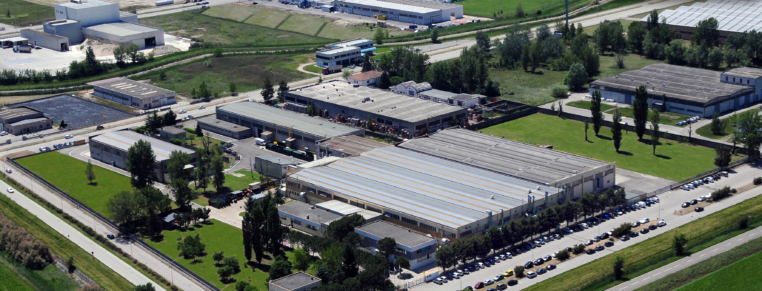Introduction
Taking stock of ongoing societal transformation and technological innovation, FEM is taking a deep dive into key topics of importance for the materials handling industry to explore best practice for moving forward. Keeping on top of these topics will enable our industry to continue to thrive and innovate, staying ahead of the game!
Tapping into the vast experience and expertise within FEM, industry leaders are sharing concrete examples highlighting innovative initiatives that are already underway in our industry. As a highly relevant topic today, we are first looking at energy and tackling the question of how our industry can support the greening of energy and reduce CO2 emissions.

First up to share their story is Marc Maureaux, Senior Sustainability Manager for Toyota Material Handling Europe Market Operations. He is driving strategic initiatives and supporting the implementation of sustainability as an integral part of the market operations business strategy and answering current and future customer needs.
Energy management system helps Toyota Material Handling’s Italian mast factory cut CO2 emissions and drastically improve energy efficiency
Toyota Material Handling Italian mast factory LTE has improved its energy efficiency by 41% since 2014, cutting its CO2 emissions by 710 tonnes in one year.
The most impactful projects include replacing old lamps with smart LED ones, implementing a ‘just-in-time’ energy monitoring system, better managing auxiliary system activities and transitioning from gas to electric heating.
How?
In 2014, the Toyota Material Handling LTE factory in Italy started implementing the ISO 50001 energy management system and received the certification in 2015.
Since the certification came into place, the factory has completed 53 different energy projects which have dramatically improved energy efficiency, saved carbon and cut costs.
Why?
Following TICO’s new CSR Materiality targets relating to ‘Mitigation of Global Warming’ and ‘Contribution to Circular Economy’, Toyota Material Handling Italian Mast factory’s journey is also aligned to Toyota Material Handling Europe’s mission to reach zero carbon emissions from its operations latest by 2050.
Future sustainability plans
By 2026, the factory wants to further reduce carbon emissions from its production activities by 35%, compared to 2014.
It currently sources 2% of its electricity from solar panels on the roof and wants to increase this – in 2023, it plans to add an additional 150 kWp photovoltaic plant.

Sharon Aquilea, Sustainability Coordinator, Toyota Material Handling Italian mast factory LTE stated, “In 2022, energy costs in Toyota Material Handling Italian mast factory LTE increased dramatically due to the global energy crisis. Thanks to our long track record in energy management, the company was able to avert a more painful outcome. It is important to manage and monitor energy, involving all departments to identify opportunities and threats, to be able to implement kaizen activities. Sustainability makes good business sense for us at LTE.”
Find out more about Toyota Material Handling here and how FEM is addressing energy policy at the EU level here.


